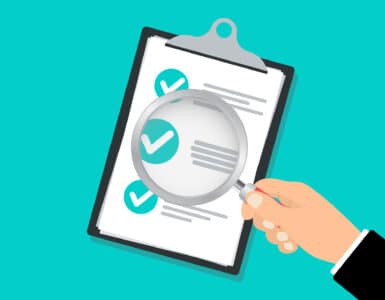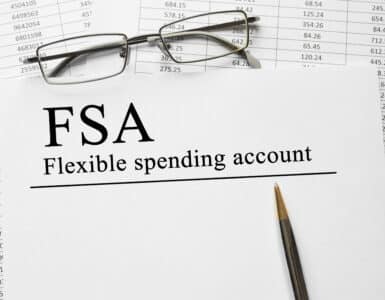With millions facing job losses and reduced wages because of the COVID-19 global pandemic, many people have depleted their emergency funds as a way to make ends meet or just to stay financially afloat in these uncertain times. A recent survey estimated that as many as 46 million Americans — some 14% — have wiped out their savings since the novel coronavirus began to negatively impact our nation.
Is an emergency fund necessary? Absolutely. (If we didn’t know that before the pandemic, we certainly do now.) If something comes up, say your water heater explodes or your air conditioner dies in the heat of summer, those with extra cash on hand will be able to pay for
the expenses without going into more debt by using a credit card or taking out a loan.
Here are some strategies to help you to rebuild an emergency fund to a comfortable level. And if you aren’t feeling ready to activate them now – because you are still struggling – file them away for when things get better in 2021:
Make it automatic
Make it easy to pay yourself first (by saving) by setting up an automatic transfer from your checking account into a savings account. If you don’t have a savings account, head to your local credit union or bank (you can generally do it online) and open one. Make sure to read the fine print on fees and minimum balances. Start with a small amount and then gradually move up to an amount that doesn’t cause stress.
Reduce non-essential spending
If you haven’t taken a look at where your money has been going – really tracking – over the past few months, it’s time. What you’ll see is that by tweaking some expenditures, perhaps curtailing your take-out orders, or the amount of time and money you’re spending on Amazon for non-essential items, goes a very long way. You can also switch to generic brands on household items such as cleaning supplies, pantry staples, even pain-relievers and other health care needs to boost savings.
Cut recurring expenses
If you stopped going to the gym and started working out at home, we hope you canceled that gym membership. If you didn’t, now’s the time. Then reallocate those funds for emergencies. Other suggestions for cutting back on monthly expenses would be to pause or cancel monthly beauty and fashion boxes and/or streaming services such as Netflix or Hulu. We know going cold turkey can be tough. Check with your local library to see what streaming services they offer. (As I discovered, you can even get your fill of audio books for free using an app called Libby.)
Consider a side gig
If you have bandwidth, start a side hustle to earn extra income. This could be anything from shopping for others via Instacart, selling handmade creations on Etsy, dog walking, pet sitting, house sitting, tutoring students via Zoom, or even offering music lessons online. (Make sure to keep track of all your extra earnings for tax purposes.)
Channel a raise or bonus directly into savings
If you are fortunate enough to receive a raise or bonus, set aside a portion of it for savings says Dan Herron, CPA, PFS with Elemental Wealth Advisors in San Luis Obispo, Calif. Same goes for a potential second stimulus payment. If Americans receive another stimulus payment in 2021, immediately use that to fund savings.
Don’t leave money on the table
Make sure your wireless carrier hasn’t dropped your discount. Many mobile phone companies now require customers to show proof of employment, if that’s why they have the discount, every year or so. If your deadline to prove employment was during the COVID-19 pandemic, and depending on your plan and discount, you could be losing $30 or even more a month.
Downsize or move
It sounds extreme, but moving to a smaller home or apartment, or to a location where the cost of living is lower, can offer many people a chance for financial health and peace of mind, says Leo Marte, a certified financial planner in Charlotte, N.C. If moving is out of the question, try to lower the interest rate you pay by refinancing your mortgage to keep more of your income every month.
With reporting by Casandra Andrews






